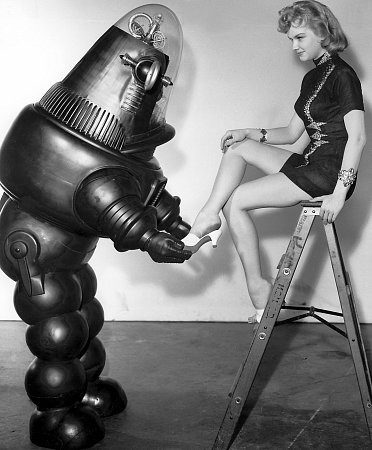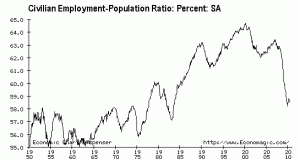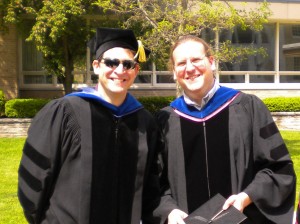Though I’m not one to pile onto the United States Postal Service, it is probably worth noting this news item — Postal Union Election Delayed After Ballots Lost in Mail.
Coming on the heels of a post where everyone seems to have an opinion, I would guess that in this case you just have to shake your head and laugh.
So this post isn’t totally bereft of content, I point you to Rick Geddes’ review of postal reform in the Economics Journal Watch.
This essay examines the published views of vital economists regarding postal reform. I define a vital economist as one who has produced scholarly research on this issue, and who has expressed an opinion about the direction reform should take. The ten vital economists surveyed here express surprisingly similar opinions on the proper direction for postal reform. The vast majority advocate some combination of privatization and elimination or relaxation of the delivery monopoly. Those opinions are in stark contrast to the published views of economists who have not carefully examined this issue.
Geddes himself is pretty much the noted expert on the subject, so when he says it’s surprising, it may well be surprising.
Have a good weekend, Lawrentians. Perhaps I’ll see you out at the festivities. Watch out for that Nobel announcement.



 I came across a research note on how bloggers reveal their personality types through their word choices.
I came across a research note on how bloggers reveal their personality types through their word choices. Amazon is offering Amazon Prime
Amazon is offering Amazon Prime 
 As a trained economist, I know the basic institutional details and understand the basic arguments, but as Barro suggests, I have no great insight on the empirics or which side of the debate is likely to be correct.
As a trained economist, I know the basic institutional details and understand the basic arguments, but as Barro suggests, I have no great insight on the empirics or which side of the debate is likely to be correct.

